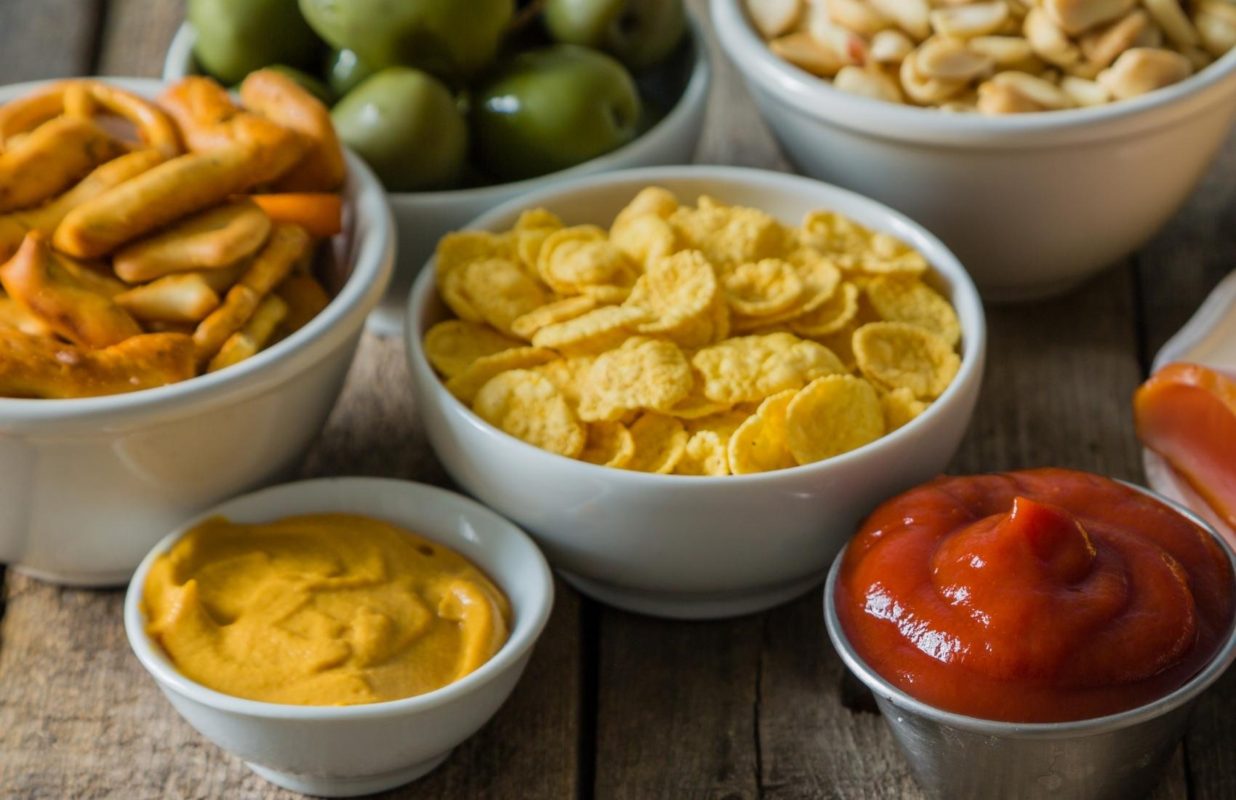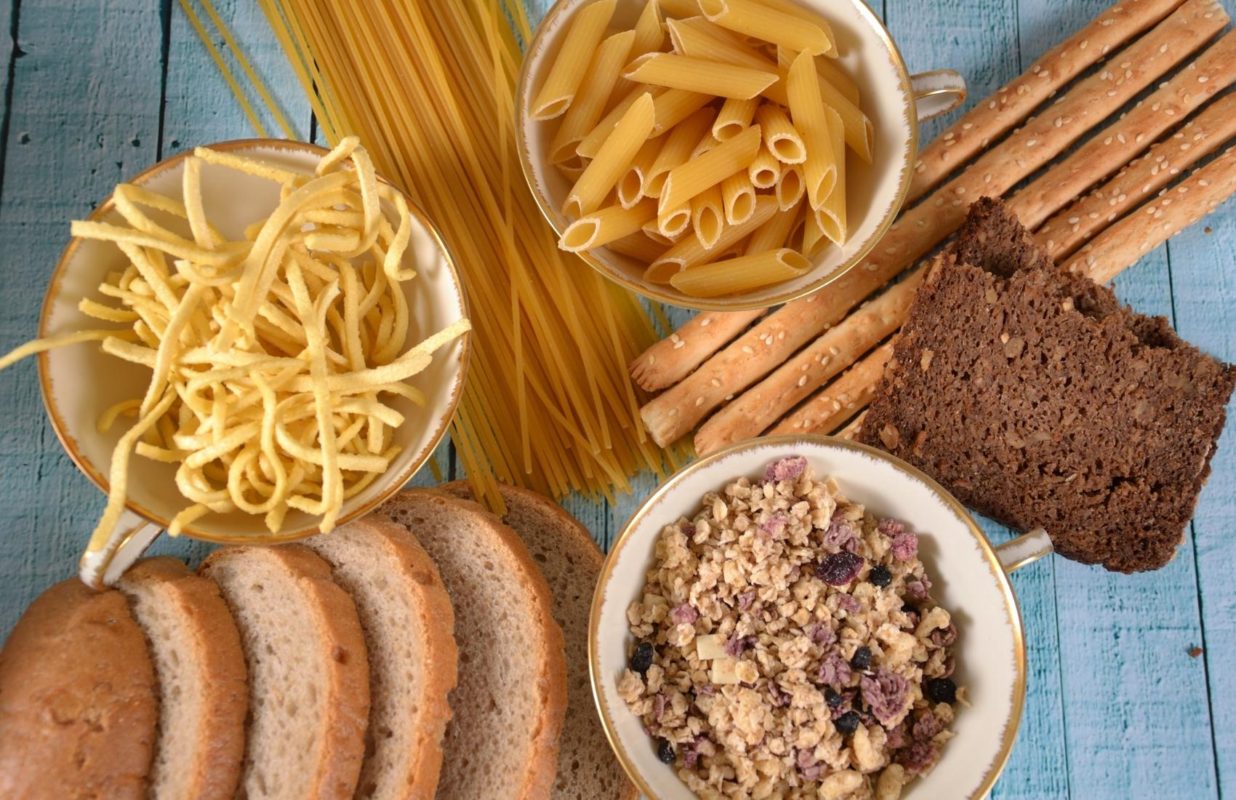Uncategorized
Foods to Avoid If You Have Arthritis
Arthritis is a chronic inflammatory disease that affects the joints. Depending on the kind, it causes discomfort and damage to joints, bones, and other body parts. Although there are over 100 forms of arthritis, noninflammatory osteoarthritis is most prevalent.
However, autoimmune disorders such as rheumatoid arthritis and psoriatic arthritis are inflammatory ailments. Another kind of inflammatory arthritis is gout.
Dietary changes, such as removing particular foods and drinks, have been shown to lower symptom severity and enhance health and quality of life in persons with inflammatory arthritis and osteoarthritis.
If you have arthritis, you should avoid the following foods and beverages.
High-Sodium Foods
People with arthritis may benefit from reducing their salt intake. Most processed foods are rich in salt. According to research, high salt consumption is a risk factor for autoimmune disorders such as inflammatory arthritis.
High salt consumption was linked to an increased incidence of rheumatoid in a study of over 18,000 participants.

Foods to Avoid If You Have Arthritis – Added Sugars
Sugar should be avoided at all costs, especially if you have arthritis. Sweets, desserts, soft drinks, and various other products include added sugars.
Sugary drinks have been linked to a more significant development of arthritis. A comprehensive study including almost 200,000 women found that drinking sweetened beverages daily was associated with a greater risk of rheumatoid.

Heavily Processed Foods
Refined grains, added sugar, preservatives, and other potentially inflammatory substances are common in ultra-processed foods like junk foods and snack foods, all of which can aggravate arthritic symptoms.
According to research, a diet high in excessively processed foods may raise your risk of rheumatoid by causing inflammation.
In one research of rheumatoid patients, individuals who consumed more ultra-processed foods had more significant heart disease risk factors, including higher glycated haemoglobin levels, a long-term measure of blood sugar regulation.

Foods that are rich in AGEs
AGEs (advanced glycation end products) are molecules formed when carbohydrates combine with proteins or lipids. They can be found in raw animal feeds and are generated by particular cooking procedures.
Fried, baked, grilled, seared, or broiled high protein, high-fat animal dishes are some of the highest dietary sources of AGEs.
Oxidative stress and inflammation can arise when AGEs accumulate in large numbers in the body. In individuals with arthritis, oxidative stress and AGE production are linked to the progression of the disease. AGE levels in patients with inflammatory arthritis are more significant than in the bodies of those without arthritis. The buildup of AGE in bones and joints may potentially contribute to the growth of osteoarthritis.
Removing AGE-containing foods from your diet and replacing them with vegetables, fruits, and legumes will help to reduce your overall AGEs exposure.

Foods to Avoid If You Have Arthritis – Foods Containing Gluten
Gluten is a protein found in wheat, barley, rye, and triticale. According to studies, it is linked to increased inflammation, and becoming gluten-free may help with arthritic symptoms.
Rheumatoid arthritis is more common among celiac disease patients. Similarly, those with autoimmune disorders such as rheumatoid have a far higher risk of celiac disease than the general populace.
According to a short study, a gluten-free, vegan diet lowered disease activity and eased inflammation.



Pingback: Chia Seeds: The Top Five Health Benefits - LiveWell Naturals